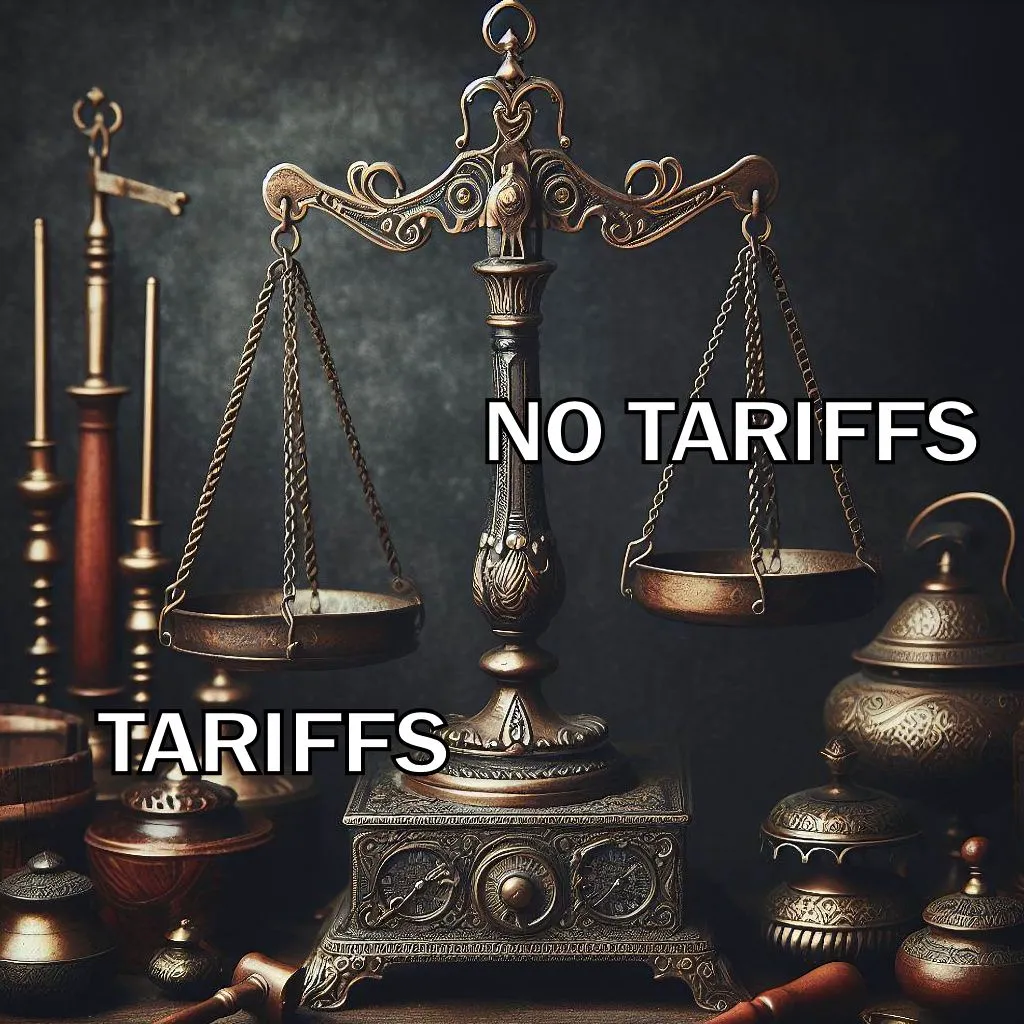Die USA haben die Zölle für Elektroautos, Solar Panels und Lithium-Batterien dramatisch angehoben.
Autos aus China sollen mit 100% besteuert werden, Solar Panels mit 50% und Lithium-Batterien, die vor allem in den USA und Europa fehlen mit 25%.
Vor allem die EU verliert in Sachen E-Mobilität zunehmend den Anschluss und die Konkurrenzfähigkeit zu China.
Während viele Produkte des täglichen Bedarfs bereits in China hergestellt werden, sind vor allem E-Autos aus der EU extrem teuer und für viele Menschen unleistbar geworden.
Dazu kommt, dass es in der EU an Rohstoffen und billiger Energie mangelt, die vor allem für die Herstellung von Autos, Solar-Panels und Batterien erforderlich sind. Deindustralisierung.
Hohe Zölle würden auch die deutsche Autoindustrie treffen, wenn China europäische Autos ebenfalls höher besteuert. Reziprozität.
Bis jetzt konnte die USA (Tesla) und EU Autos massenweise nach China exportieren.
Andererseits gerät die europäische Autoindustrie zunehmend unter Druck und das gefährdet die Produktion und Arbeitsplätze in der EU.
Es gibt aber auch bereits Überlegungen, wie die hohen Zölle umgangen werden könnten. China könnte ebenfalls hohe Zölle einheben und die Zölle dann gegen-subventionieren. Oder es könnte die Endfertigung (die letzten Fertigungsschritte) nach Mexico oder in die EU verlegt werden, um die Zölle zu umgehen etc.
Eine andere Idee wäre, dass europäische Auto-Konzerne selbst die Produktion nach China verlegen, um konkurrenzfähig zu bleiben. So könnte zumindest ein Teil der Wertschöpfung in der EU bleiben.
Autos würden dann so wie viele andere Produkte billiger statt teurer werden.
Bei vielen anderen Produkten, auch aus der Tech-Branche, wird das ebenfalls so praktiziert. Warum sollte das bei Autos anders sein?
Soll die EU die Auto- und die Solar-Industrie (gibt es die in der EU überhaupt?) protegieren und hohe Zölle auf chinesische Autos, Solar-Panels, Batterien etc. einführen? Was meint ihr?

Biden hits Chinese electric cars and solar cells with higher tariffs
https://www.bbc.com/news/business-69004520
English
The US has dramatically increased tariffs on electric cars, solar panels and lithium batteries.
Cars from China are to be taxed at 100%, solar panels at 50% and lithium batteries, which are particularly lacking in the US and Europe, at 25%.
The EU in particular is increasingly losing touch and competitiveness with China when it comes to e-mobility.
While many everyday products are already manufactured in China, e-cars from the EU in particular have become extremely expensive and unaffordable for many people.
In addition, there is a shortage of raw materials and cheap energy in the EU, which are particularly necessary for the production of cars, solar panels and batteries. Deindustrialization.
High tariffs would also affect the German car industry if China were to tax European cars more heavily as well. Reciprocity.
Until now, the USA (Tesla) and the EU have been able to export cars to China en masse.
On the other hand, the European car industry is coming under increasing pressure and this is jeopardizing production and jobs in the EU.
However, there are already considerations as to how the high tariffs could be circumvented. China could also impose high tariffs and then counter-subsidize the tariffs. Or production (the last production steps) could be moved to Mexico or the EU in order to circumvent the tariffs, etc.
Another idea would be for European car companies to relocate production to China themselves in order to remain competitive. This would allow at least part of the added value to remain in the EU.
Cars, like many other products, would then become cheaper instead of more expensive.
This is also practiced for many other products, including those in the tech sector. Why should it be any different for cars?
Should the EU protect the car and solar industries (do solar even exist in the EU?) and introduce high tariffs on Chinese cars, solar panels, batteries, etc.? What do you think?
Live your Secrets and Hive Prosper 🍯
xx Viki @vikisecrets